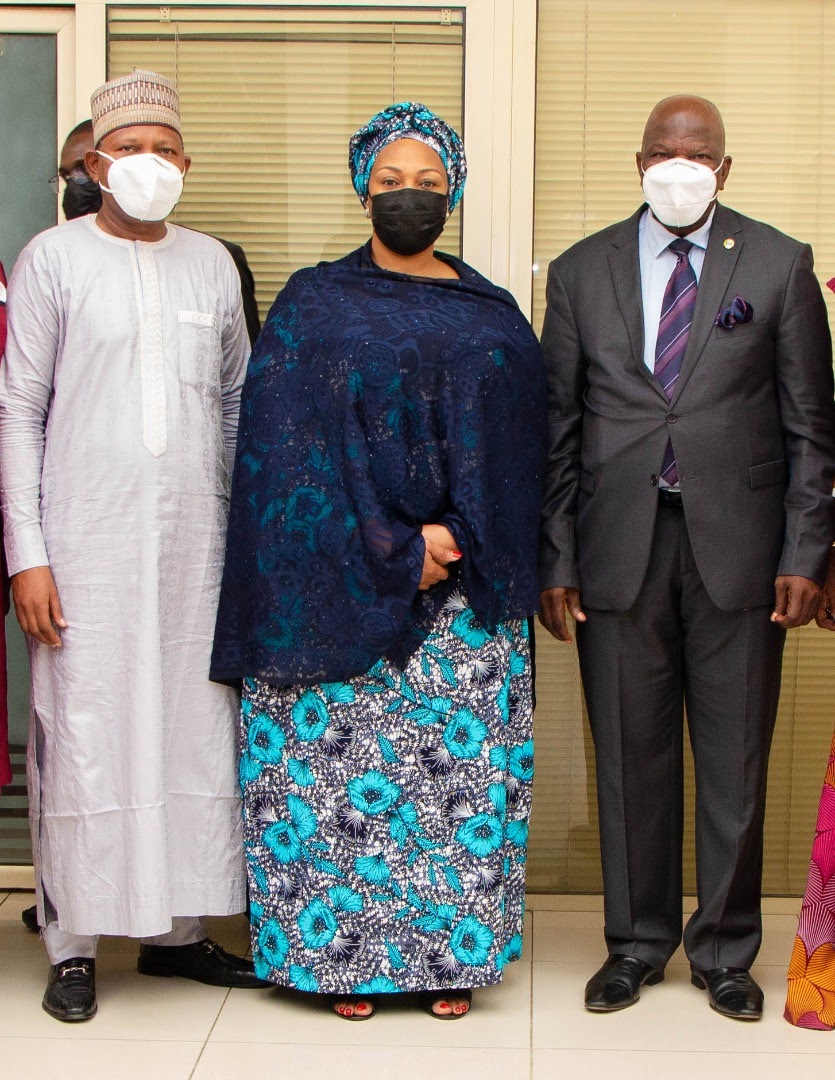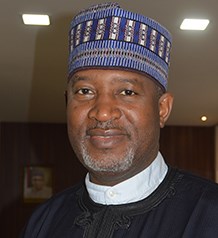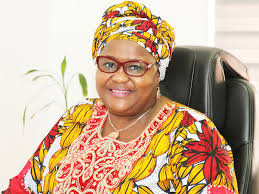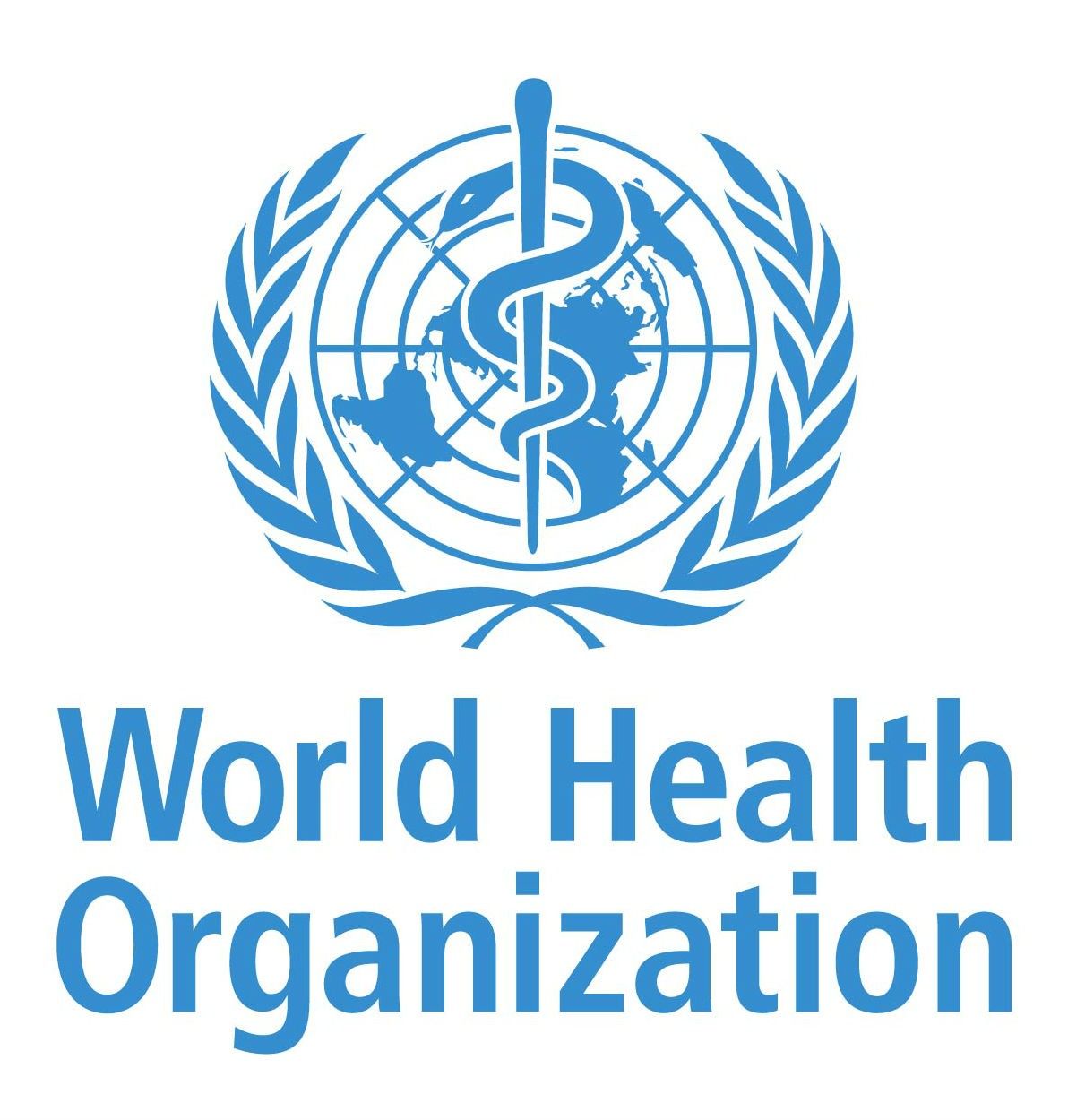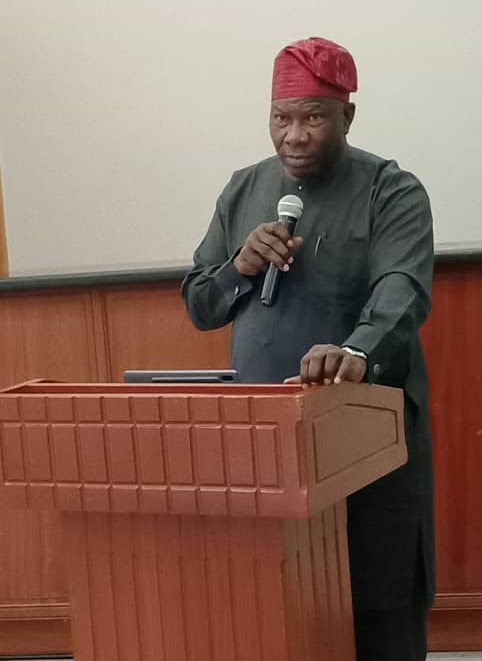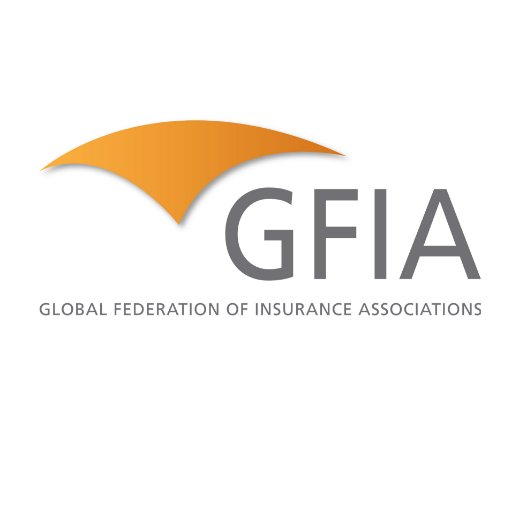Naicom, FMT collaborate to propagate insurance
Caption:
L- Deputy Commissioner (Technical) NAICOM Sabiu Bello Abubakar, Minister of State, Transportation Sen. Gbemisola Ruqayyah Saraki and Commissioner for Insurance, Olorundare Sunday Thomas.
By Favour Nnabugwu
The Commissioner for Insurance(CFI), Mr. Sunday Thomas, said that the National Insurance Commission, Naicom s collaborating with the Federal Ministry of Transportation to ensure the provision of adequate insurance for road transport owners and users within Nigeria and ECOWAS member countries.
Thomas further said the commission is currently working to ensure orderliness in the insurance sector particularly, in the vexed issue of fake insurances in the road transportation sector.
The CFI, pointed out that the commission has now developed technology for verification of insurance policies to further sanitise the sector.
He spoke while receiving the Minister of State for Transportation, Senator Gbemisola Saraki, who a led delegation to the commission.
Saraki had informed the meeting that the ministry had embarked upon a transformation programme of the road transportation sector that will have tremendous impact on the lives and wellbeing of the Nigerian people.
The lawmaker had noted that insurance remained a critical aspect of transportation, hence the need to collaborate with NAICOM to ensure success of the programme.
In a statement, Head, Corporate Communications and Market Development Department, NAICOM, Mr. Rasaaq Salami, said both parties had also agreed to immediately establish a joint committee to look into different areas of interest to ensure a mutually beneficial relationship.
Thomas, further assured the minister of the readiness of the commission to collaborate with the ministry to ensure adequate insurance coverage in the sector.

